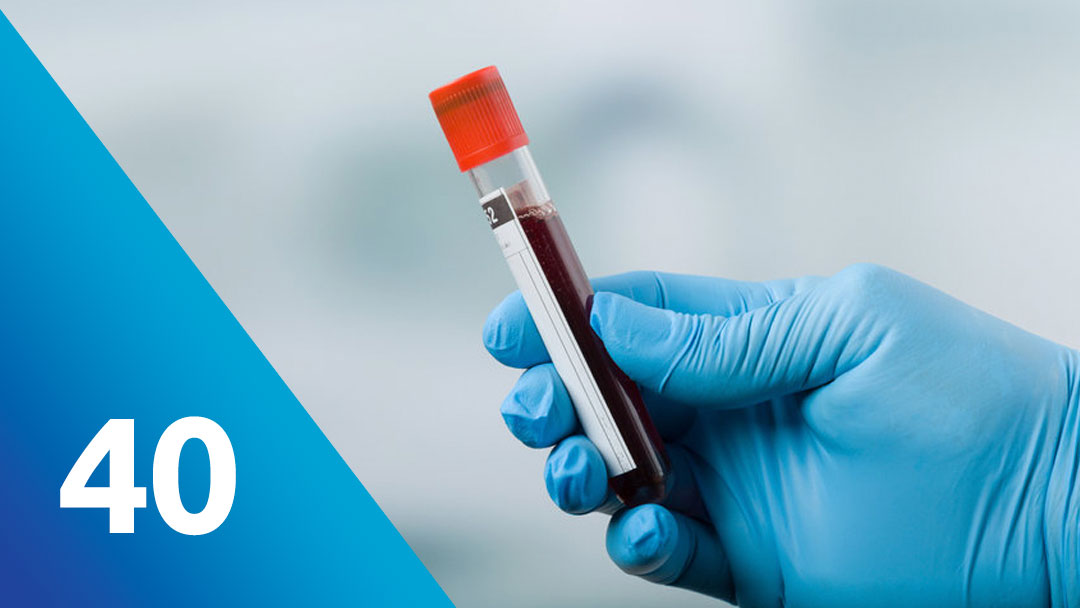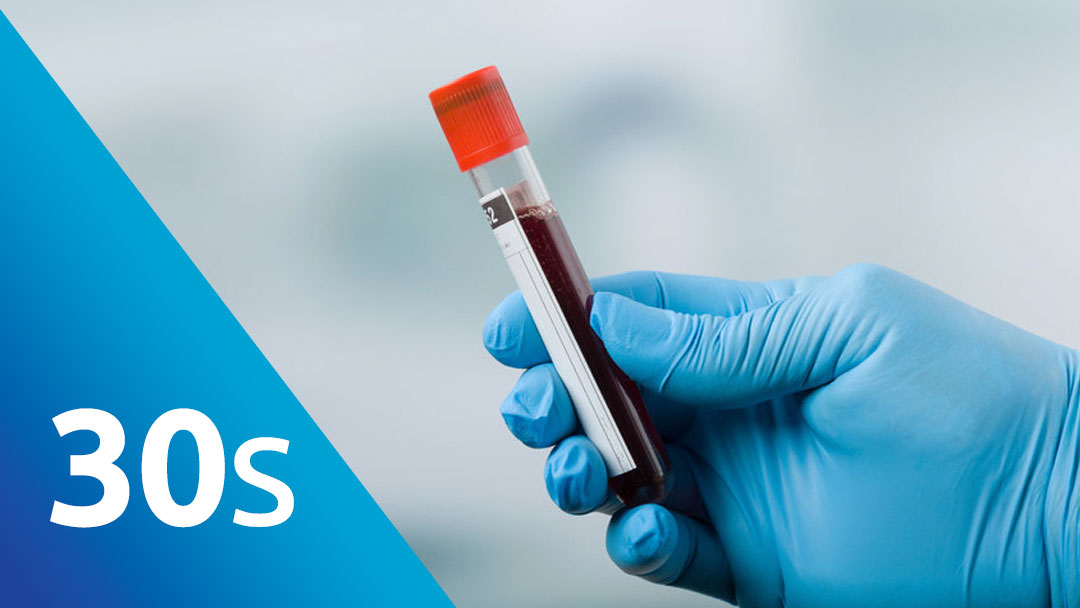In the UK, someone receives a diagnosis of diabetes every two minutes. It’s vital that its causes, prevention and management are widely understood.
Diabetes affects millions of people in the UK. It’s a lifelong condition that many self-manage successfully. Though sadly it can also lead to premature death, and life-altering complications.
Modern lifestyles play a role in how increasingly common it is, making many cases of diabetes preventable.
How many types of diabetes are there?
Most people with diabetes have either Type 1 or Type 2. Both involve ‘insulin’, a naturally occurring hormone that helps us to regulate how we absorb the glucose in carbohydrates, proteins and fats to produce energy.
Type 1 Diabetes is when the body’s immune system begins to destroy crucial cells. The pancreas becomes unable to make enough insulin and injections are needed to compensate. It can develop quickly.
Type 2 Diabetes involves either an inability to produce enough insulin or a limit to how well your body uses it. This is the most common category of diabetes, which can build over a period of years before you even realise there’s a problem.
What is gestational diabetes? Pregnant women sometimes produce excessive blood glucose, and their bodies struggle to create enough insulin to absorb it.
Signs and symptoms of diabetes
Diagnosis of diabetes relies on testing how much sugar you have in your blood. If this is not balanced, it could indicate you’re at risks of developing diabetes, or you already have it.
The clues include:
- Excessive thirst
- Fatigue
- Loss of weight or muscle strength
- Wounds that heal slowly
- Blurred vision
- Peeing frequently, especially at night.
Prevention and reversion
Type 1 diabetes is an unavoidable medical issue.
However, Type 2 diabetes is preventable and in its early stages, it’s even possible to reverse it. This involves having a healthy, well-balanced diet, engaging in exercise and managing your weight.
Similar goals can help people live well with a diabetes diagnosis.
Managing diabetes
Being careful what you eat is not the only important activity that can help avoid worsening diabetes or some of the serious complications.
Regular monitoring of blood sugar levels is vital. Particularly as diabetes can make you vulnerable to problems with your eyes and lower limbs.
Book appointments for diabetes support, such as eye tests to monitor retinal complications, urine checks for kidney damage, regular foot examinations, and blood pressure and cholesterol tests. Some people with Type 2 diabetes are provided with medicines that help them to regular blood sugars.
Getting medical help
If you’re concerned that you may have diabetes, or you have an existing diagnosis and want empathetic medical support, please don’t hesitate to contact Oval for an immediate appointment.



